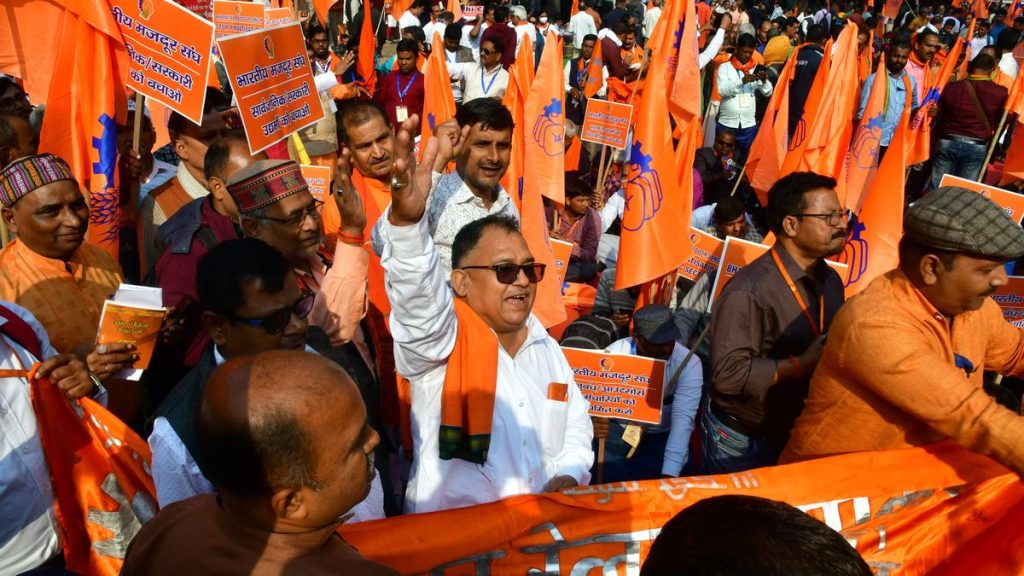Now Reading: Himachal Brothers Embrace Tribal Tradition, Marry the Same Woman
-
01
Himachal Brothers Embrace Tribal Tradition, Marry the Same Woman
Himachal Brothers Embrace Tribal Tradition, Marry the Same Woman

Fast Summary
- Two brothers from the Hatti tribe, Pradeep and Kapil Negi, married Sunita Chauhan in Shillai village, Himachal Pradesh under the traditional practice of polyandry.
- The three-day wedding ceremony began on July 12 in the Trans-Giri area of Sirmaur district and featured local songs and dances.
- Videos of the event went viral online, with hundreds witnessing it.
- Polyandry is recognised under Himachal PradeshS revenue laws as “Jodidara,” though fewer cases are reported recently due to rising literacy and economic advancements in tribal communities.
- Sunita expressed her consent to marry both brothers without pressure, citing respect for their bond. Pradeep works locally while Kapil has a job abroad. Both emphasized transparency and the united family’s intention to ensure support for their wife.
- Polyandry is rooted in tribal traditions aimed at preventing division of ancestral land while promoting solidarity in joint families for managing agricultural responsibilities and security within remote hilly areas.
- The Hatti community was declared a Scheduled Tribe three years ago.Approximately 3 lakh people live across 450 villages in Trans-Giri where such practices persist but are said to be gradually disappearing.
indian Opinion Analysis
The marriage highlights unique tribal customs persisting amidst India’s evolving social landscape.While polyandry among the Hatti community stems from past necessities-such as safeguarding ancestral lands or fostering familial cohesion-it raises questions about gender dynamics within modern contexts. Rising education levels among women could further accelerate shifts away from traditional norms like these.
Recognising such practices under state revenue laws showcases India’s efforts to preserve cultural heritage while balancing legal accommodations for diverse communities. Though, the declining instances hint at changes influenced by socio-economic progress rather then legal mandates alone.
As India continues discussions about gender equality and property rights among its citizens-including those belonging to newly designated Scheduled Tribes-the tradition reflects challenges tied uniquely to rural tribal life that may fade yet remain significant as part of local history.
Read More: [Link]























